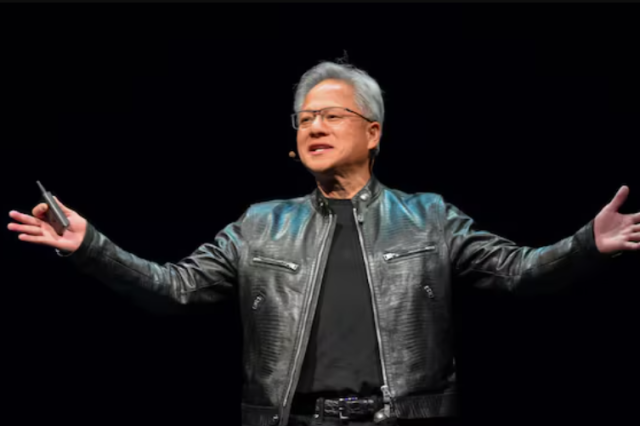
[Gettyimages Bank]
South Korea has more than 4.5 million AI voice assistant speakers deployed at homes and offices. The smart speakers are hooked onto a local network of internet of things (IoT) devices equipped with various sensors including motion detectors. AI and IoT technologies are used to monitor the physical and mental health of people and contact emergency services if help is needed. Seoul deployed some 7,500 IoT sensors at the homes of single elderlies in 2020.
KT said in a statement on April 23 that it signed a cooperation agreement with the Korea Advanced Institute of Science & Technology (KAIST), a state research institute, to develop and demonstrate technologies for the care service of the underprivileged.
"Through this cooperation agreement, we have made a first step for the development of ICT-based care technology development specially designed for the underprivileged," KT's AI and digital transformation business Lim Chae-hwan was quoted as saying.
KT would use AI and other technologies to offer emotional care services so that old people can cope with loneliness and depression. KAIST will develop a system that can quickly counteract emergency situations. An ICT research center will be established to develop service models for improving the social welfare of the underprivileged.
SK Telecom rolled out a special care program for elderlies using Ai voice assistant speakers and IoT sensors in 2019. The mobile carrier said that 95 percent of users aged over 65 used the speaker at least three times a week to listen to radio, web search with keywords, and have a chat with AI. 328 emergency phone calls were made using SKT's care service between May 2019 and April 2020. 23 cases were grim situations that could have been fatal without AI speakers to call for help.




